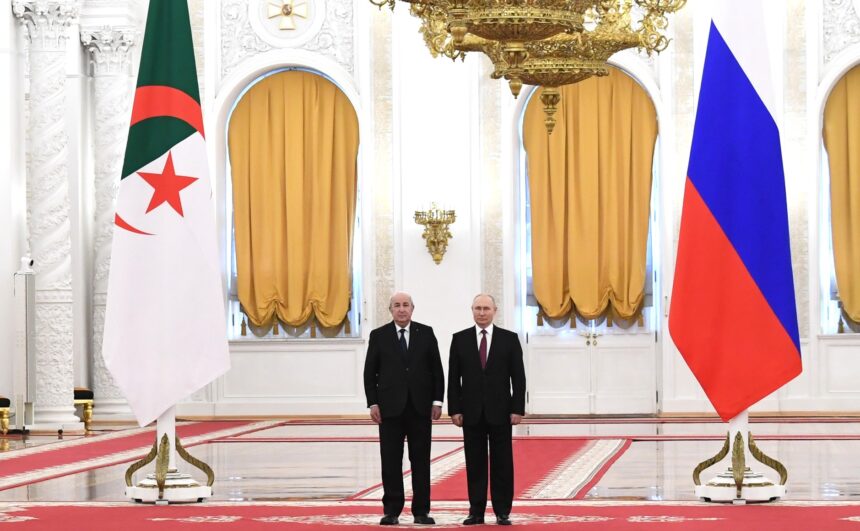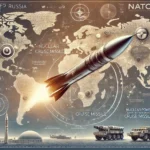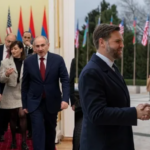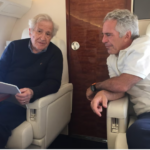Summary by Geopolist | Istanbul Center for Geopolitics
The nature of the relations between Algeria and Russia is based on the historical background of Algeria’s independence struggle supported by the Soviet Union. This cooperation goes back to the times when Algeria highly depended on Russian military equipment and expertise, and this collaboration has been pursued to the present day, characterized by great military cooperation. Algeria continues its policy of nonalignment and further diversifies foreign partnerships, despite continuous criticism by Western nations, including that related to its procurement of weaponry. In June 2023, the Enhanced Strategic Partnership between Algeria and Russia ranges from military cooperation to agriculture, energy, and trade.
Nevertheless, because of Algeria’s historic relationship with both Russia and Ukraine, it chose not to take sides on the crisis in Ukraine. That goes to demonstrate Algeria’s commitment to independent foreign policy. The government counterbalances the historical relationship with Russia through the interactions with the Western countries, a strategic approach characterizing the country’s international relations. Algeria has shown that it is ready to play a positive diplomatic role in positioning itself as a potential mediator in global issues.
In this vein, Algeria raised certain reservations with respect to some of the aspects of Russia’s policy: the deployment of Russian mercenaries in third countries, such as Libya and the Sahel. This is despite the fact that Algeria is growing its collaboration in a variety of fields. Its behavior has granted Algeria significance on issues regarding national security and stability in the region. However, their decades-long friendship with Russia and the resonance of their stances on key issues like the Palestine-Israel conflict and the creation of a multi-polar world order suggest that the bilateral relationship between them will continue to move forward in the future.
Algeria’s foreign policy is also representative of the complex geopolitical configuration, whereby the Western support for Morocco’s stance on Western Sahara involves France and Spain. A possible result could be the rapprochement of Algeria with Russia and China, together with the reinforcement of its relations with the Global South. The measures applied by Algeria denote a balancing act reached by the country in its effort to find an opportunity to face global challenges while preserving independence and core values. The fact that it has a historical foundation of Algeria-Russia relations, along with the ever-changing geopolitical dynamics, suggests continuance and furtherance of their relationship over the next years.
Read the full article here.







